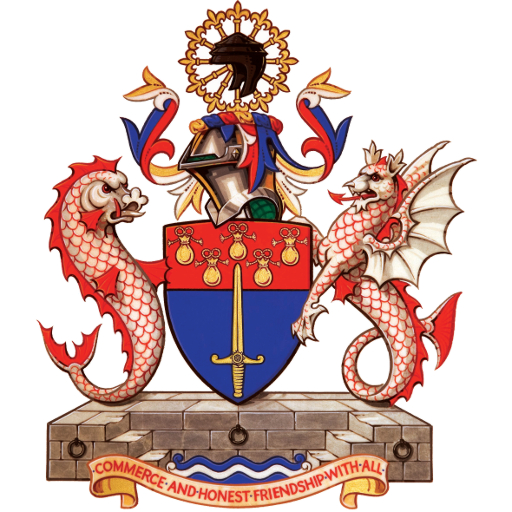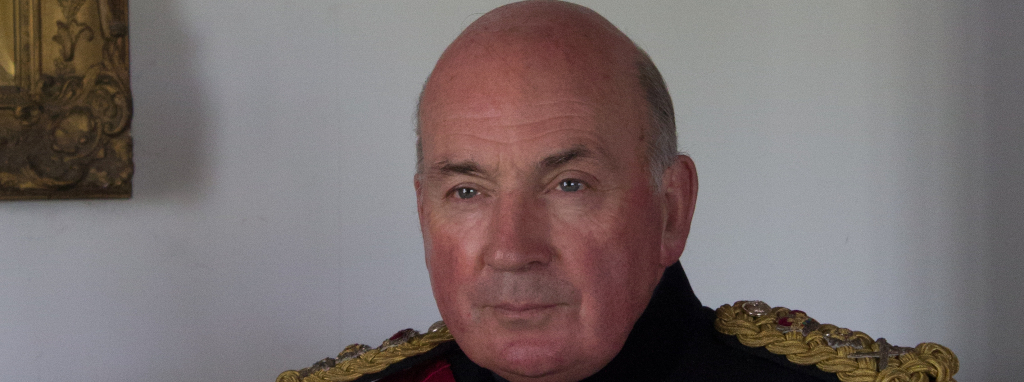Lord Dannatt opened his talk by speaking about how his army career has been played out in some of the most dangerous places in the world. He observed that in the decade since he left the army, the world has become an even more complex place with a growing need for leadership as people struggle to make sense of the challenges we are facing.
He spoke about traditional ways of understanding leadership; from looking at the qualities of a good leader (such as fitness, integrity, courage, initiative, willpower, knowledge, judgement and team spirit) to understanding the functions of leadership: Strategic, Operational and Tactical. Of these, the Operational level, which, importantly turns ideas into action, is highly significant but is also most likely to be ignored.
He went on to speak about the core values taught in the army and asked whether a moral baseline was itself enough. Was there not also a spiritual dimension to this? Citing his experience under fire in Belfast, Lord Dannatt asked where the leader goes to provide strength when individuals under their command are stretched beyond their physical and psychological limits. He said that for him, there was one obvious role model and that was the person of Christ. The motto of Sandhurst is ‘Serve to Lead’ and Christ was the best example of that maxim. When Christ washed his disciples’ feet, he was earning the right to lead them. He would not ask of others anything that he would not do himself, and his style of leadership was to say, quite simply, ‘follow me’. This is key, since the flip side of leadership is followership and the real trick of being a successful leader is to persuade people out of their own free choice to follow, out of confidence that the direction of travel is right and that the objective is worth the cost along the way.
In the army, asking people to risk their lives is part of the job and Lord Dannatt said that he thinks there is very much an obligation on a leader to introduce a spiritual dimension into his or her leadership as part of the preparation for potentially life challenging operations. This was also true of leadership in civilian life, especially in the context of the pandemic when many people are considering their own mortality
In conclusion, Lord Dannatt said that what really gives the leader authority comes down to their character, for this defines the person and answers the question if this is someone who can be trusted; do they really have legitimate interests at heart or is this simply a self-seeker or someone purely interested in the bottom line? These are all judgements for the subordinates, for the employees, the followers, the voters to make; their judgements ultimately define the success or failure of the enterprise.
Following the talk, there was a lively question and answer session. Our grateful thanks to Lord Dannatt for sharing his personal reflections in such an interesting and challenging way.

